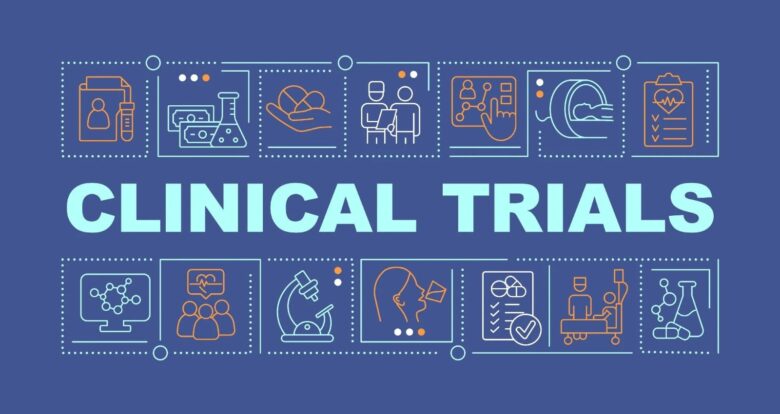
Nutrition plays a pivotal role in the prevention of chronic diseases, which are long-term health conditions that typically develop over years and are often influenced lifestyle factors. Chronic diseases such as heart disease, diabetes, cancer, and stroke are among the leading causes of mortality worldwide. Adopting a healthy diet can significantly reduce the risk of developing these diseases and improve overall health outcomes.
Understanding Chronic Diseases
Chronic diseases are characterized their prolonged duration and typically slow progression. They are often influenced factors such as genetics, environmental exposures, and most notably, lifestyle choices including diet. Many chronic diseases share common risk factors, such as poor nutrition, physical inactivity, tobacco use, and excessive alcohol consumption.
Common Chronic Diseases Influenced Nutrition
Heart Disease: A diet high in saturated fats, trans fats, cholesterol, and sodium can increase the risk of developing heart disease. Conversely, a diet rich in fruits, vegetables, whole grains, and healthy fats like omega-3 fatty acids can help lower cholesterol levels, reduce blood pressure, and decrease the risk of heart disease.
Diabetes: Type 2 diabetes is closely linked to obesity and poor dietary habits. Consuming excessive amounts of refined sugars and carbohydrates can lead to insulin resistance and eventual diabetes. A balanced diet that controls blood sugar levels through the consumption of complex carbohydrates, fiber-rich foods, and adequate protein is essential in managing and preventing diabetes.
The Impact of Nutrition on Chronic Disease Prevention
Healthy Weight Management: Maintaining a healthy weight through proper nutrition is crucial for preventing chronic diseases. Obesity is a significant risk factor for conditions such as heart disease, diabetes, stroke, and certain cancers. A balanced diet that includes nutrient-dense foods in appropriate portions can help individuals achieve and maintain a healthy weight.
Reducing Inflammation: Chronic inflammation is implicated in the development and progression of many chronic diseases, including cardiovascular disease, diabetes, and arthritis. Certain foods, such as fruits, vegetables, nuts, seeds, and fatty fish rich in omega-3 fatty acids, possess anti-inflammatory properties and can help reduce inflammation throughout the body.
Key Components of a Healthy Diet
A healthy diet for chronic disease prevention emphasizes the consumption of whole, nutrient-dense foods while limiting processed foods, saturated fats, and added sugars. Here are key components of a diet that supports overall health and reduces the risk of chronic diseases:
Fruits and Vegetables: Rich in vitamins, minerals, antioxidants, and fiber, fruits and vegetables are essential for maintaining optimal health. They help reduce the risk of heart disease, stroke, cancer, and other chronic conditions.
Whole Grains: Whole grains such as brown rice, oats, quinoa, and whole wheat provide essential nutrients and fiber, which promote digestive health and help regulate blood sugar levels.
Lean Proteins: Sources of lean protein, such as poultry, fish, legumes, and tofu, are important for muscle maintenance, repair, and overall health. Limiting red and processed meats can reduce the risk of heart disease and certain cancers.
Healthy Fats: Incorporating sources of healthy fats, including avocados, nuts, seeds, and olive oil, supports heart health and provides essential fatty acids necessary for proper cellular function.
Limiting Sugar and Sodium: Excessive consumption of added sugars and high-sodium foods can contribute to obesity, diabetes, high blood pressure, and heart disease. Monitoring intake and choosing natural sweeteners and low-sodium alternatives can help mitigate these risks.
Practical Tips for Implementing a Healthy Diet
Adopting a healthy diet for chronic disease prevention doesn’t have to be complicated. Here are some practical tips to help you incorporate nutritious eating habits into your lifestyle:
Plan Balanced Meals: Designate time each week to plan and prepare balanced meals that include a variety of foods from different food groups.
Read Food Labels: Pay attention to food labels to identify hidden sugars, unhealthy fats, and excessive sodium content. Choose products with minimal processing and added ingredients.
Cook at Home: Prepare meals at home using fresh, whole ingredients. This allows you to control portion sizes and avoid the excess salt, sugar, and unhealthy fats often found in restaurant meals.
Stay Hydrated: Drink plenty of water throughout the day to support digestion, nutrient absorption, and overall health. Limit sugary beverages and opt for water, herbal teas, or infused water instead.
Moderate Alcohol Consumption: Limit alcohol consumption, as excessive intake can contribute to chronic diseases such as liver disease, cardiovascular disease, and certain cancers.
Conclusion
Nutrition plays a critical role in the prevention of chronic diseases influencing various risk factors such as weight management, inflammation, and overall health. Adopting a balanced diet rich in fruits, vegetables, whole grains, lean proteins, and healthy fats can significantly reduce the risk of developing conditions like heart disease, diabetes, cancer, and stroke. By making informed food choices, practicing portion control, and adopting healthy eating habits, individuals can empower themselves to lead healthier lives and mitigate the impact of chronic diseases on their well-being. Consulting with a healthcare professional or registered dietitian can provide personalized guidance and support in developing a nutrition plan tailored to individual needs and health goals.


